
Brown skin. Black thought. Afrofuturistic brilliance, building, and belonging. Historically Black Colleges and Universities (HBCUs) are not replicas of the institutions that many Black children have been taught to strive toward; no, they offer another way of existing in the world. They offer nurturing and respite from a white supremacist world gnashing its teeth to eat Black children up and spit them out broken, bruised, and bloodied.
Of course, there are still issues of class hierarchy and the need to destroy the Talented Tenth logic that would have some Black people thinking that a degree places them above their communities, instead of better positioning them to be of service to them. Still, HBCUs were conceived in love, revolution, and resistance. They are brick and mortar responses to the miseducation of the negro; the sustaining evidence that Black people have always attempted to decolonize education—to tell the truths that the U.S public school system tries to keep hidden.
“There are over 100 HBCUs, and there used to be more—big ones, small ones, private ones, and public ones, ones with more bougie reputations, ones with more ratchet reps, ones with more country reps, liberal arts, as well as technical/mechanical. Some are big on athletics, and some not,” J. Ama Mantey, Ph.D., an environmental justice policy professional, tells ESSENCE.
“There is an HBCU for every Black child based on their educational desires and goals, personality, and what they look for in a campus climate. As flawed as they can be, HBCUs literally were made to nurture and grow Black people. ALL Black people,” Mantey, who earned her undergraduate degree from the University of Maryland Eastern Shore and doctorate from Meharry Medical College, continued. “And, if you as a Black person (from anywhere) don’t feel welcome anywhere else in this world, know that HBCUs are for you, even if you have to take and make the space for your version of Blackness. Like, for real, add it to the HBCU cultural rolodex, so others can learn to love and appreciate it, too.”
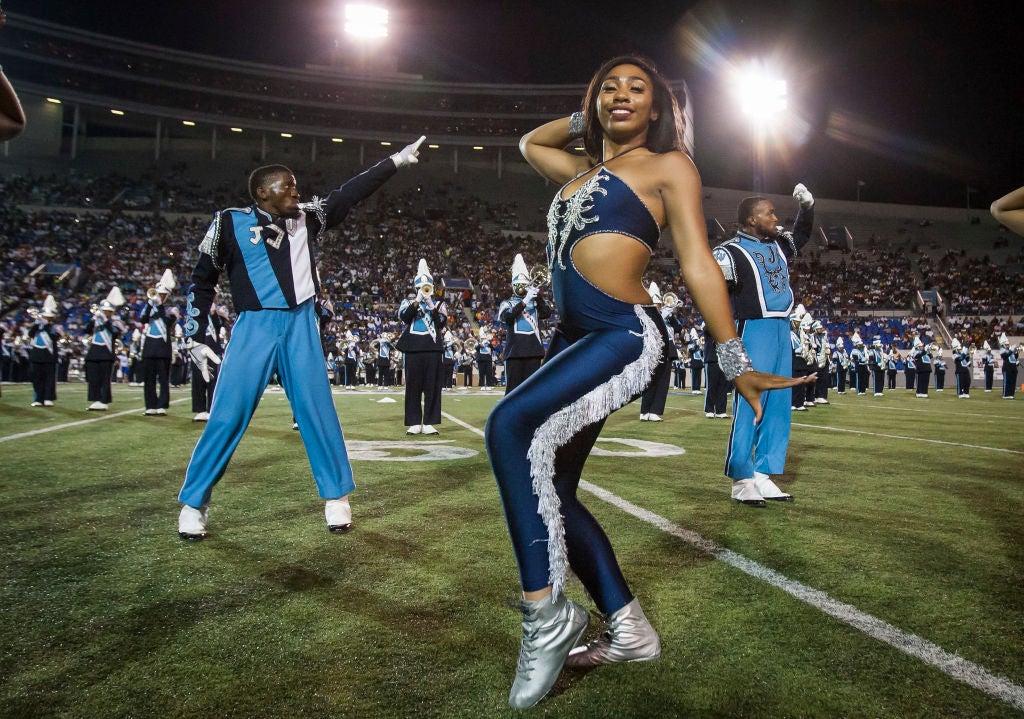
As 2020 presidential candidates continue to discuss higher education on the campaign trail—access to it, quality of it, and the American way of going into debt for it—and a Republican-controlled Senate holds funding to Historically Black Colleges and Universities hostage, read a few love letters to some of our beloved HBCUs below.
*******
“I spent K-12 in private, predominantly-white schools where I was often one of only a few Black students. Everything about the culture at those schools was exclusionary, but the academics were superb. My parents and all of my aunts and uncles went to HBCUs in the SWAC and I enjoyed attending football games with them because it felt like a big family reunion and I knew I wanted that same experience. I chose Spelman College because it felt like home. I was surrounded by people who embraced me and didn’t treat me as an ‘other.’ I remember being in awe my entire freshman year as we studied some of the same topics I learned in high school, but with a afrocentric focus. I never imagined that my history and my heritage would be important enough to be addressed and discussed and included in a typical classroom lecture. Going to an HBCU literally saved me and gave me the boost and confidence I needed.” — Dr. Kia Baldwin, Attorney & Professor – Spelman College
“All those years of Quaker school??!! I earned my place at Howard University and a chance to experience a Marion Barry DC!!! #youknow” — Erica McCloud Carruth, Howard University
“I went to visit Morehouse my junior year in high school. The immersion into that beautiful, Black space—it was overwhelming to me. I’m from Southern California, so I’d never, ever been in a space like that before. Interacting with professors, administrators and students who all looked like me, who assumed I was there to be a student and not an athlete, it was intensely compelling.” — Dr. Charles McKinney, Neville Frierson Bryan Chair of Africana Studies, Associate Professor of History, Rhodes College. Most importantly:
Morehouse College, c/o ‘89
“The shorter answer would be, ‘Why not?!’ There are so many reasons but the most profound for me was the opportunity to surround myself with every shade, and every cultural nuance of US. To be embraced by, inspired by, and educated by the US that I only got to see on TV in the evenings. To find a community that acknowledged the Afro in my Afro-Latina roots.” — Genese Lapaix, Clark Atlanta University
“I choose North Carolina A&T State University because I wanted an environment that was going to prepare me to be great, not only in my profession, but personally as well. I encountered so many professors and administrators who were concerned with not just my grades, but how I was doing so far from home (I’m originally from Chicago). They made sure I had well-rounded experiences, from volunteer work to traveling abroad. Aggie Pride is a love that’s hard to describe, but I instantly saw it the moment I stepped on the campus as a touring high school student, and left not wanting to go anywhere but there!” — LaRia Land, North Carolina A&T University, Class of 2012, B.S. Journalism and Mass Communication
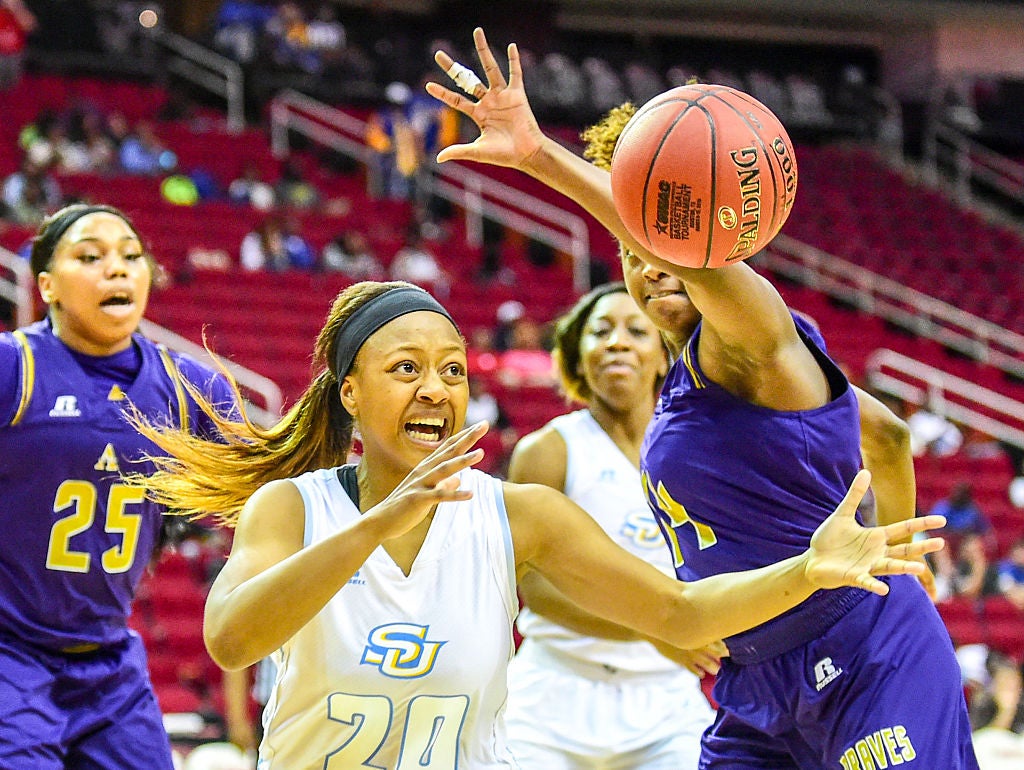
“I attended an HBCU because when thinking about college, I was living in Denver, CO. During my 7th and 8th-grade years I was the only African American in my class and the entire middle school section of the campus. The school went from Montessori to 8th grade. There were three African-Americans in the whole school. During high school, I went to a school in what was considered the ‘inner city’. But even then, I was still one of a few in my classes. The only times I would see others like me would be in my elective classes. And yes, once we got an African American studies class, it was considered an elective. So the want to be around people that looked like me was there during my formative years, and an HBCU became my goal. Plus, my parents went to an HBCU. And dare I say it, A Different World had a huge impact on my expectations. I was not disappointed. If I could do it again, I would take better advantage of the opportunities presented while attending Clark Atlanta University.” — LeLorna Shaundeice Bennett-Chunn, Clark Atlanta University
“Legacy. I was the third generation to go to Albany State. ASU pulses through my veins like oxygenated blood: cause I got my whole life and then some.” — Dr. Regina N. Bradley, Assistant Professor of English and African Diaspora Studies, Kennesaw State University – Albany State University, c/o 2006
“Well, my top choices were HBCUs. I always wanted to go to one, because many of my mentors did. Becoming a Clark Atlanta University Panther has always and forever will be one of my best life decisions. I have seen all of the friends I made in the Atlanta University Center (AUC) and HBCU world flourish beyond my counterparts who have attended other institutions. Period. And while the HBCU family as a whole is a powerful community, that breeding ground in the AUC with Morehouse, Spelman, and Morris Brown was and still is one of a kind! Where else in the world do you have Black academia in one concentrated spot and can proudly say, ‘That’s my classmate!’ even when you attended class on different campuses?! Nowhere but the AUC! The #HBCU collective are all my ‘cousins and ’em!'” — AJ Johnson, Clark Atlanta University, Class of 2002
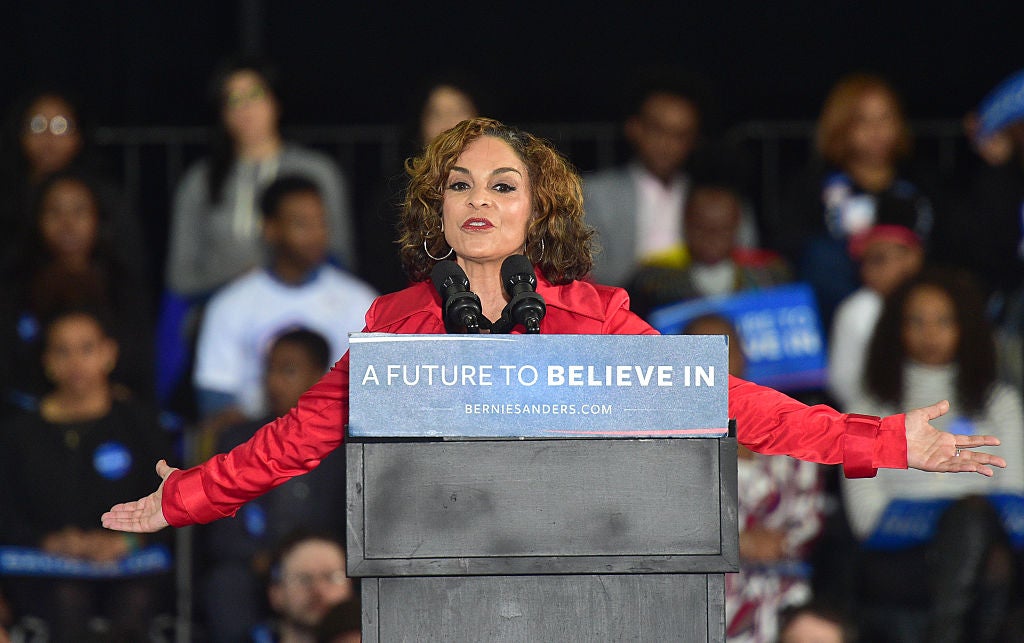
“I have friends from the northeast, the far west, the Dirty South, from all over. It’s amazing. And I haven’t had to deal with intellectual condescension, which, to me, is the worst kind of condescension. It’s been amazing down there.” — Ayo McKinney, Xavier University
“Being a part of this America I have always felt it was important to maintain a great emotional and psychological connection with my culture. Attending an HBCU allowed me to do that, and at the same time, provided me with a great higher education and better prepared me to face the world.” — Lakecia Wills-Johnson, Grambling State University
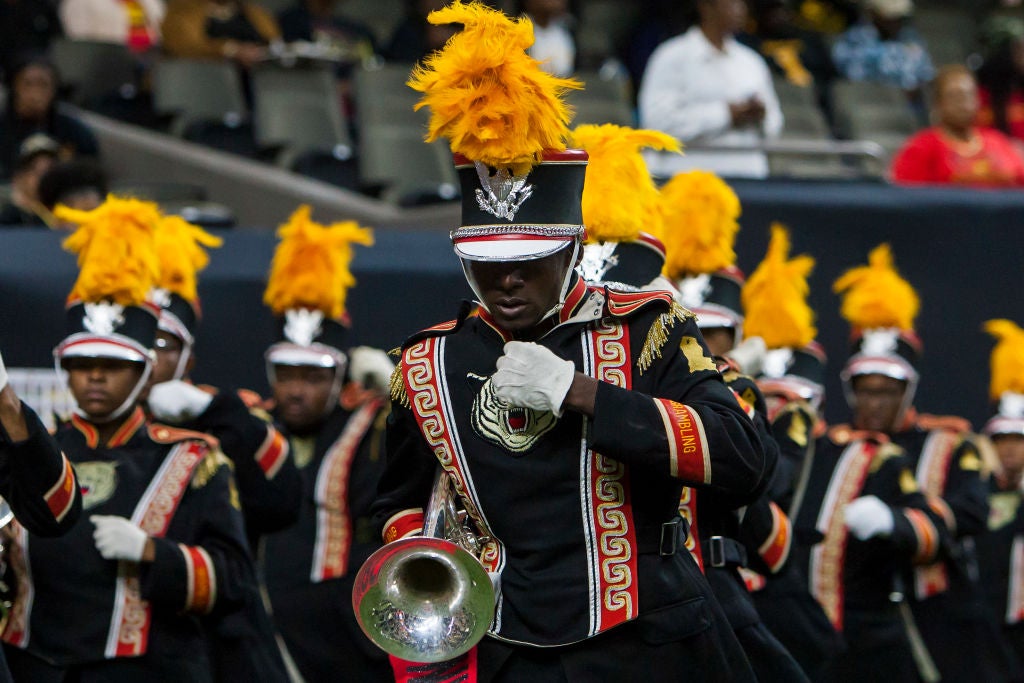
“There was never another option for me other than an HBCU. I watched A Different World religiously as a child. I grew up in that golden age of Black excellence being really strongly represented on TV. So my dream was to go to college with Black folks and live with Black folks like on Living Single. My mom had a stack of ESSENCE magazines in the living room. I was a senior in high school when Drumline came out. When I thought about college it was automatically filled with faces that look like mine.” — Porscha Simmons, Writer. University of the District of Columbia
“Every example of excellence and beauty in my immediate and extended family as well as my role models, teachers and mentors attended HBCUs. So why wouldn’t I? Attending any other institution, at least for my undergraduate degree, would have been illogical and irrational for me.” — Tony Gaylor, Southern University, Class of 1992
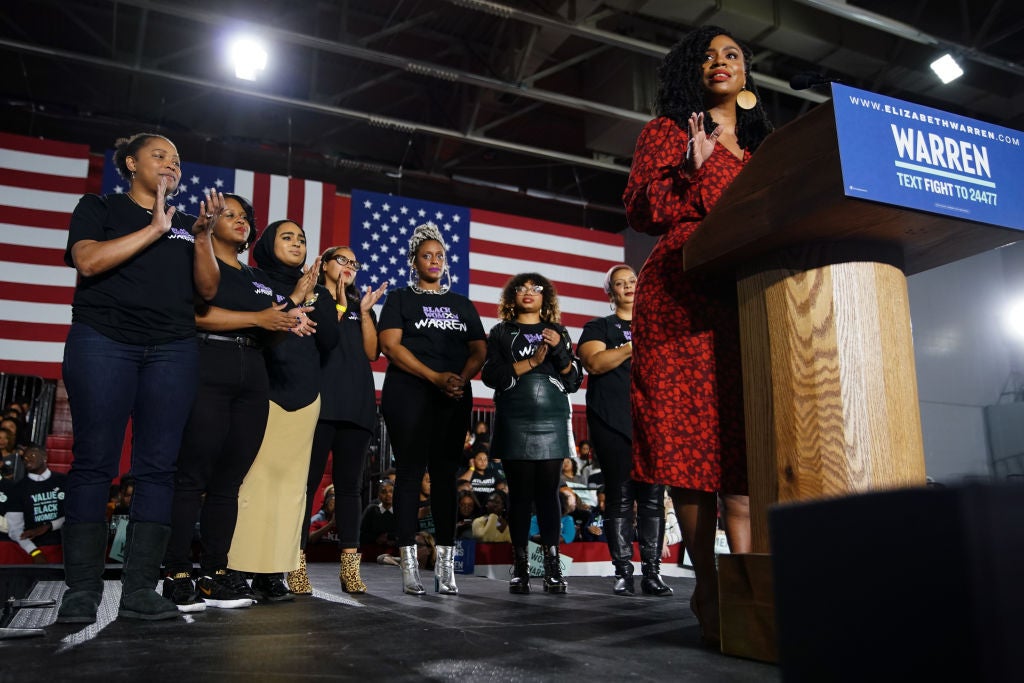
*******
“My eldest son, Ayo, told me one day, ‘Dad, I’m just tired,’” McKinney tells ESSENCE. “He was eighteen when he said that. He was tired of having to battle to fully affirm his humanity. His Black brilliance. Tired of battling to be seen as a child and not a criminal. He was eighteen when he said that, and it broke my heart. Because he’d been at it for a while. Battling to be fully seen. Battling to breathe.
“I’m thankful for Xavier University, for creating a space for my beloved son,” McKinney said.
Historically Black Colleges and Universities—our HBCUs—have always given many of us permission. Permission to love ourselves out loud without reservation or apology or fear. There are those who argue that HBCUs are shields that leave students underprepared for the “real world.” But for those of us who unlocked ourselves, built and sustained communities, and lovingly redefined what family can and should mean, HBCUs will always be our swords—protecting us and emboldening us as we forge new paths, giving us time and space to reimagine what a different world could be.